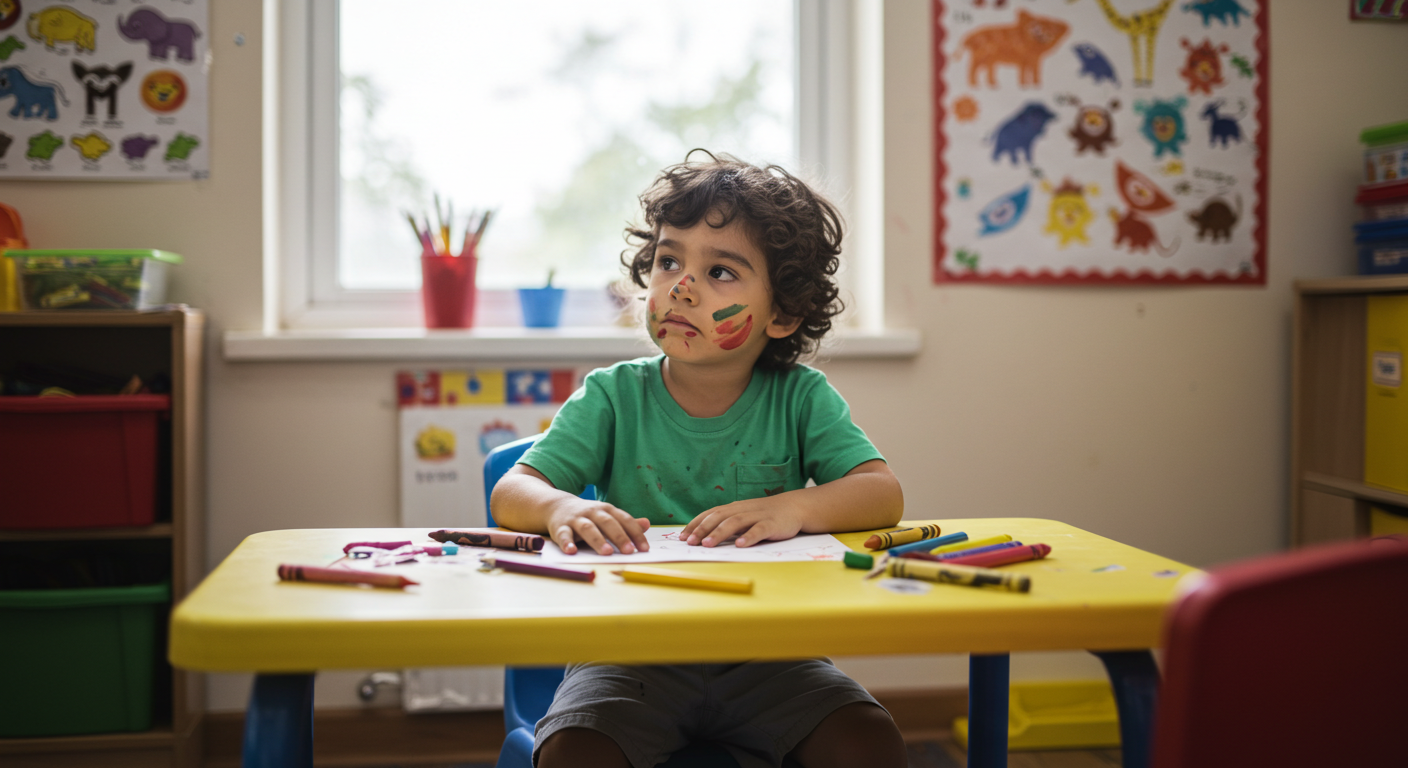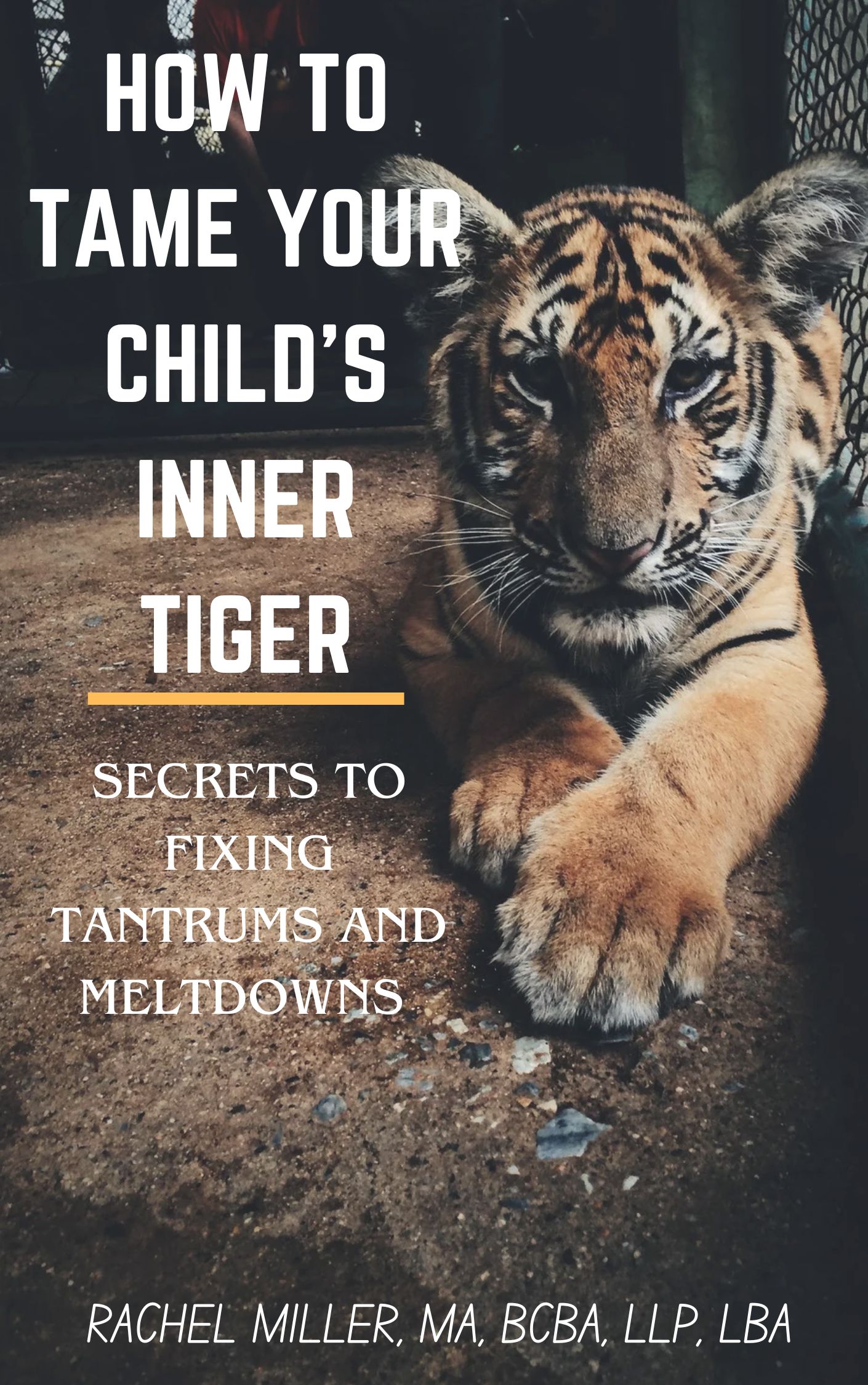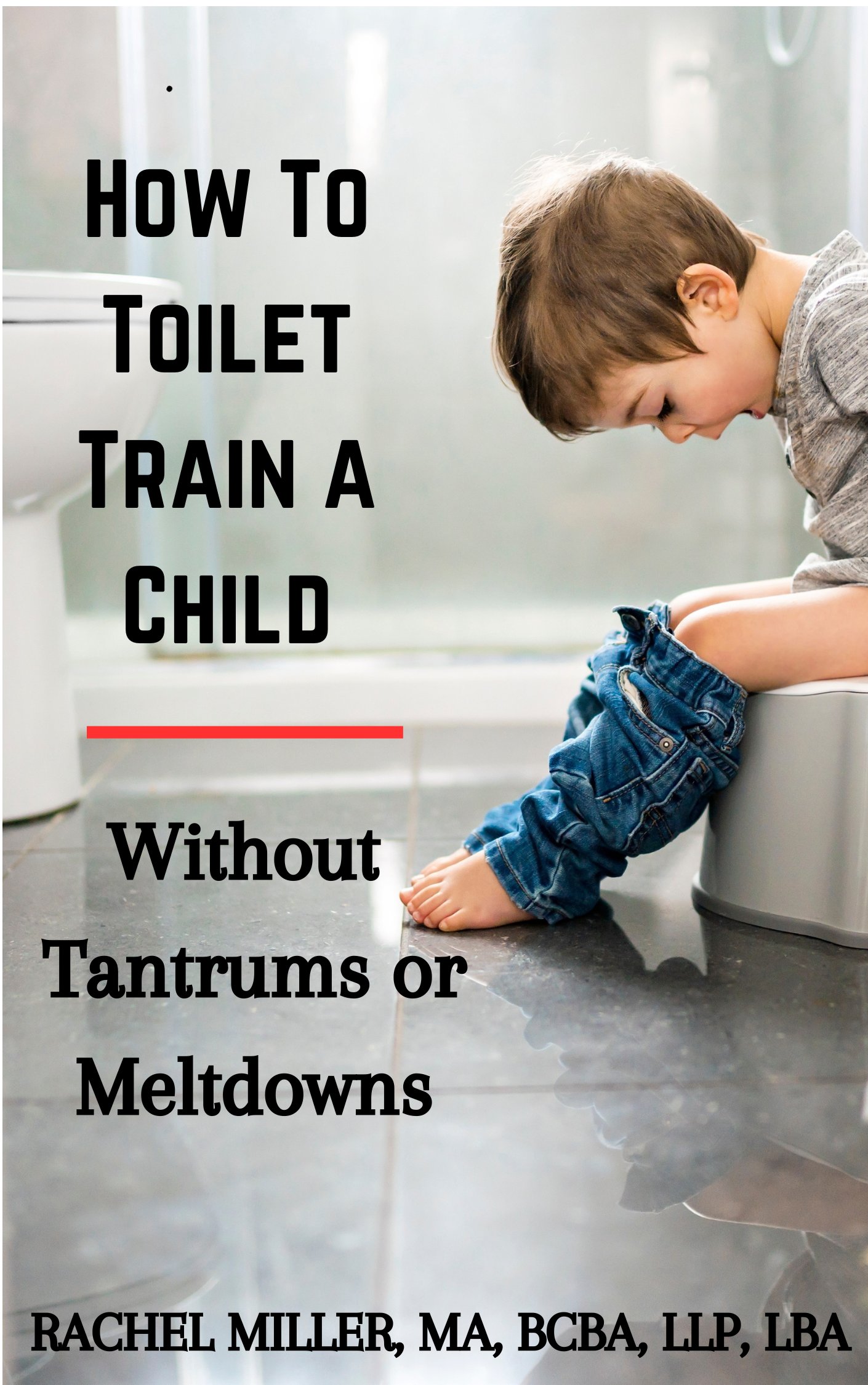Understanding Behavior Disorders in Children:
Causes, Signs, and Treatment Options

Behavior disorders in children are increasingly becoming a concern for parents, teachers, and mental health professionals. With recent studies showing that nearly 29% of children are being diagnosed with Attention Deficit Hyperactivity Disorder (ADHD), understanding the broader spectrum of childhood behavior disorders is more important than ever. This guide aims to provide insight into the signs, causes, and treatment options for the most common behavior disorders in children, including ADHD, Oppositional Defiant Disorder (ODD), and Conduct Disorder.
I find this to be a bit unsettling, if perhaps the child is really just in an environment unsuitable for them to learn. I don’t particularly like the one size fits all approach to education and I think that there are also times when some students just don’t fit well with certain types of teachers.
What Are Behavior Disorders in Children?
Behavior disorders are a group of conditions marked by persistent patterns of disruptive behaviors. These disorders often interfere with a child’s ability to function in social, academic, and home settings. While occasional misbehavior is typical in childhood, persistent, extreme, and unmanageable behaviors could indicate a deeper issue that warrants professional assessment.
Common behavior disorders in children include:
- Attention Deficit Hyperactivity Disorder (ADHD)
- Oppositional Defiant Disorder (ODD)
- Conduct Disorder (CD)
These conditions often overlap and are frequently diagnosed together, which can make accurate assessment and treatment planning more complex.
Emotional and Behavioral Disorders in Educational Settings

You may have encountered the term Emotional and Behavioral Disorders (EBD) in schools. While EBD is not a formal clinical diagnosis, it is used in educational environments to describe students who exhibit serious emotional and behavioral challenges. Children identified with EBD often struggle academically, socially, and emotionally, requiring tailored interventions and support systems.
One concern often raised is whether a child's behavior truly stems from a disorder or whether their environment plays a significant role. Classrooms and educational settings vary greatly, and a one-size-fits-all approach to teaching may not be effective for every child. In some cases, behavioral concerns may reflect a mismatch between the child’s learning style and the classroom environment rather than a clinical issue.
Signs and Symptoms of Common Childhood Behavior Disorders
1. ADHD (Attention Deficit Hyperactivity Disorder)
Children with ADHD may show signs of inattention, hyperactivity, and impulsivity. Common behaviors include difficulty staying focused, fidgeting, interrupting others, and trouble completing tasks.
2. ODD (Oppositional Defiant Disorder)
ODD is characterized by defiant, hostile, and disobedient behavior, particularly toward authority figures. Children may frequently lose their temper, argue with adults, deliberately defy rules, and blame others for their mistakes.
3. Conduct Disorder
This more severe disorder includes behaviors that violate the rights of others or societal norms. Symptoms may include aggression toward people or animals, destruction of property, deceitfulness, and serious violations of rules.
Causes and Risk Factors
Behavior disorders in children are often the result of a combination of genetic, biological, and environmental factors. These may include:
- Family history of mental health issues
- Exposure to trauma or abuse
- Poor parenting practices
- Neurological differences
- Lack of structure and discipline at home or in school
Children with undiagnosed learning disabilities or sensory processing issues may also act out behaviorally out of frustration.
Diagnosing Behavior Disorders in Children
Accurate diagnosis of behavior disorders requires a comprehensive evaluation by a mental health professional. Typically, the process involves:
- Clinical interviews with parents, teachers, and the child
- Behavioral assessments and questionnaires
- Observations in multiple settings (home, school)
- Rule-outs of other potential causes such as anxiety or learning disabilities
It is important to avoid hasty diagnoses based solely on school behavior, especially if the child functions well at home. Context matters significantly in behavioral assessments.
Treatment Options for Childhood Behavior Disorders
1. Behavioral Interventions and Parent Training
Behavioral therapies are often the first line of treatment for behavior disorders in children. Techniques such as applied behavior analysis, parent skills training, positive behavior support plans, and cognitive-behavioral therapy (CBT) are commonly used.
Many states offer programs where a trained behavior analyst or psychologist works with families to develop a behavior intervention plan (BIP). This plan is based on data gathered from observations, interviews, and assessments, and includes specific strategies for managing behaviors at home and school.
These plans may involve:
- Teaching alternative behaviors
- Reinforcement strategies
- Clear consequences and consistency
- Collaboration with teachers and caregivers
2. Lifestyle and Environmental Adjustments
Before implementing more intensive interventions, it is crucial to focus on foundational needs:
- Sleep: Ensure the child gets adequate, quality sleep.
- Nutrition: A balanced diet can support mood and behavior regulation.
- Exercise: Physical activity helps reduce hyperactivity and improve focus.
- Attention: Positive attention and structured time with caregivers can enhance emotional stability.
3. Medication
Psychotropic medications such as stimulants (commonly used for ADHD) may be prescribed, especially when behavioral interventions alone are not sufficient. However, these medications can have side effects and should be used judiciously.
One promising treatment combines medication with therapy. For example, a study by Dr. Tolin at the Institute of Living demonstrated that the antibiotic D-cycloserine, when used alongside behavior therapy, significantly improved symptoms of behavior disorders in children.
4. Alternative Therapies
Many families explore alternative approaches such as:
- Diet modifications (e.g., eliminating artificial additives)
- Mindfulness and relaxation techniques
- Occupational therapy for sensory regulation
- Biofeedback and neurofeedback
While alternative treatments may not replace conventional therapy, they can be supportive elements in a comprehensive care plan.
References
1. Barkoukis, A., Reiss, N. S., Dombeck, M. (2008). Childhood Mental Disorders and Illnesses.
2. Behavior Disorder Treatment. www.behaviordisorder.org. 12-7-11.
3. Disorders of Childhood: Attention-Deficit and Disruptive Behavior Disorders. www.mentalhelp.net. 11-30-09.
If you haven't already, be sure to check out my ebooks, now on Amazon!

